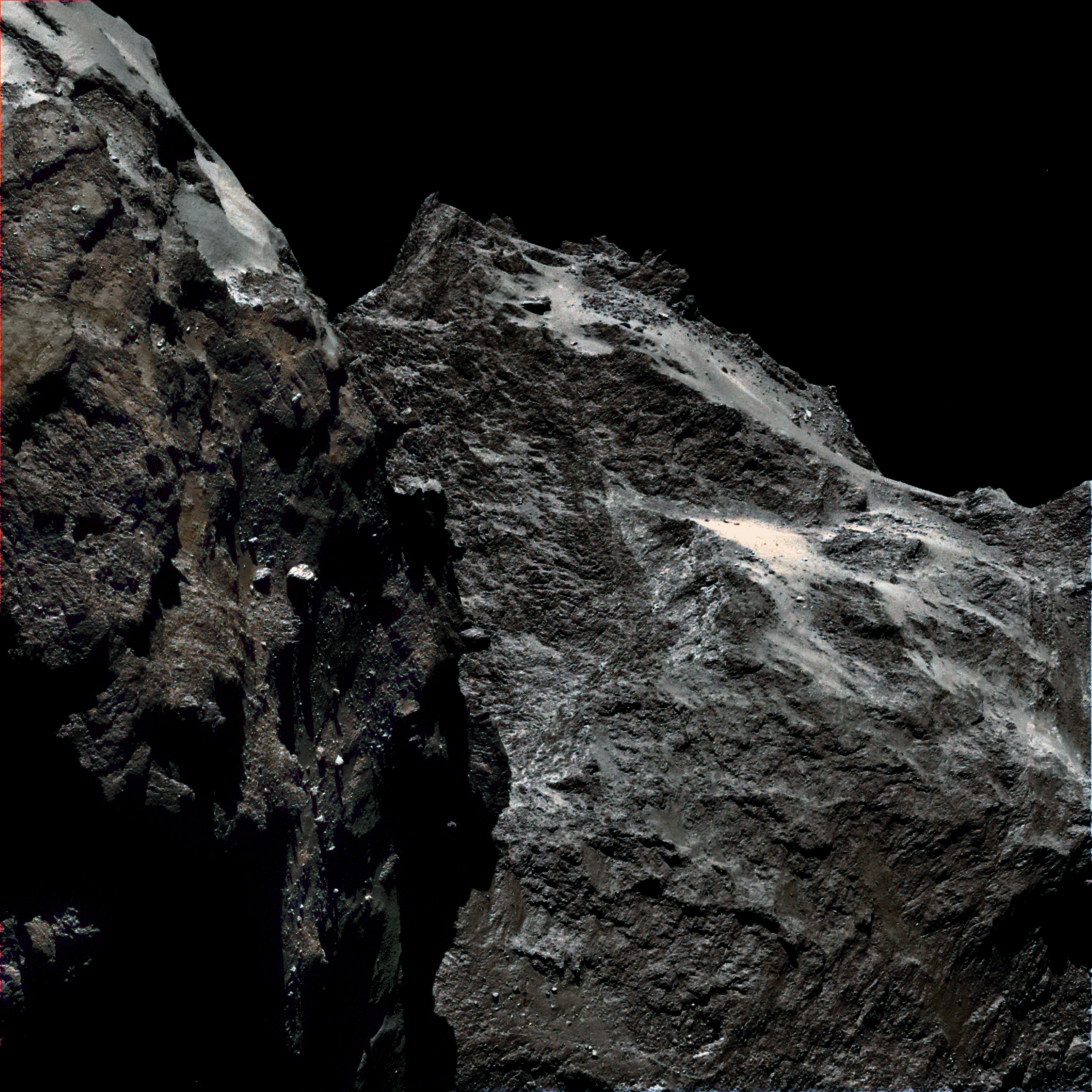World Space Week has prompted myself and colleagues at the Open University to discuss the question: ‘Is there life beyond Earth?’
The bottom line is that we are now certain that there are many places in our Solar System and around other stars where simple microbial life could exist, of kinds that we know from various settings, both mundane and exotic, on Earth. What we don’t know is whether any life does exist in any of those places. Until we find another example, life on Earth could be just an extremely rare fluke. It could be the only life in the whole Universe. That would be a very sobering thought.
At the other extreme, it could be that life pops up pretty much everywhere that it can, so there should be microbes everywhere. If that is the case, then surely evolutionary pressures would often lead towards multicellular life and then to intelligent life. But if that is correct – then where is everybody? Why can’t we recognise the signs of great works of astroengineering by more ancient and advanced aliens? Why can’t we pick up their signals?
The chemicals from which life can be made are available all over the place. Comets, for example, contain a wide variety of organic molecules. They aren’t likely places to find life, but collisions of comets onto planets and their moons should certainly have seeded all the habitable places with the materials from which life could start.
So where might we find life in our Solar System? Most people think of Mars, and it is certainly well worth looking there. The trouble is that lumps of rock knocked off Mars by asteroid impacts have been found on Earth. It won’t have been one-way traffic. Asteroid impacts on Earth must have showered some bits of Earth-rock onto Mars. Microbes inside a rock could survive a journey in space, and so if we do find life on Mars it will be important to establish whether or not it is related to Earth-life. Only if we find evidence of an independent genesis of life on another body in our Solar System will we be able to conclude that the probability of life starting, given the right conditions, is high.

For my money, Mars is not the most likely place to find life anyway. The surface environment is very harsh. The best we might hope for is some slowly-metabolising rock-eating microbes inside the rock. For a more complex ecosystem, we need to look inside oceans. There is almost certainly liquid water below the icy crust of several of the moons of the giant planets – especially Europa (a moon of Jupiter) and Enceladus (a moon of Saturn). These are warm inside because of tidal heating, and the way-sub-zero surface and lack of any atmosphere are irrelevant. Moreover, there is evidence that life on Earth began at ‘hydrothermal vents’ on the ocean floor, where hot, chemically-rich, water seeps or gushes out. Microbes feed on that chemical energy, and more complex organisms graze on the microbes. No sunlight, and no plants are involved. Similar vents seem pretty likely inside these moons – so we have the right chemicals and the right conditions to start life – and to support a complex ecosystem. If there turns out to be no life under Europa’s ice them I think the odds of life being abundant around other stars will lengthen considerably.
We think that Europa’s ice is mostly more than 10 km thick, so establishing whether or not there is life down there wont be easy. Sometimes the surface cracks apart and slush is squeezed out to form ridges, and these may be the best target for a lander, which might find fossils entombed in the slush.
Enceladus is smaller and may not have such a rich ocean, but comes with the big advantage of spraying samples of its ocean into space though cracks near its south pole (similar plumes have been suspected at Europa, but not proven). A properly equipped spaceprobe could fly through Enceladus’s eruption plumes and look for chemical or isotopic traces of life without needing to land.
I’m sure you’ll agree, moons are fascinating!
Headline image credit: Center of the Milky Way Galaxy, from NASA’S Marshall Space Flight Center. CC-BY-ND-2.0 via Flickr.




I hope you’re not “spaying” the
liquid contents of Enceladus.
That could be very painful.